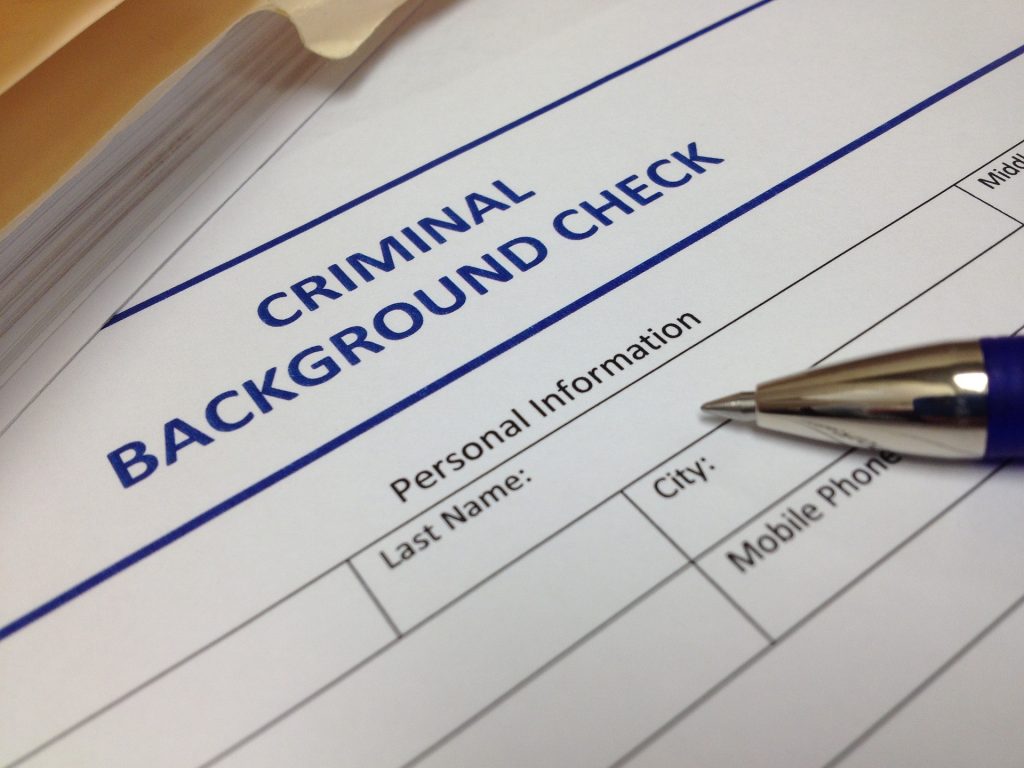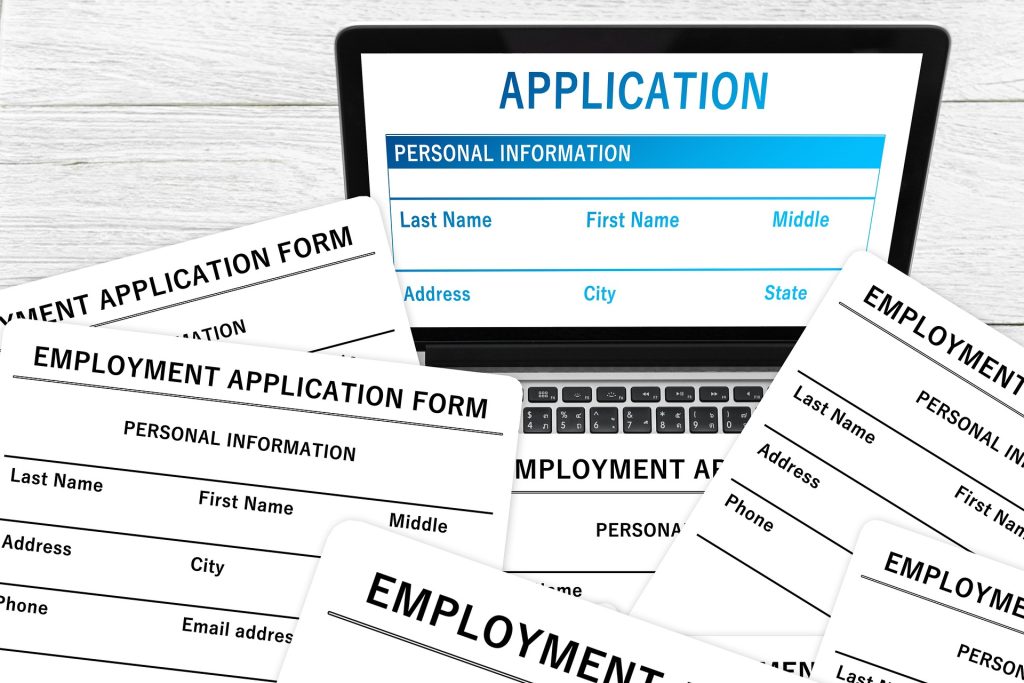A Common but Costly Mistake
Let’s start with a scenario you’ve probably lived through: a candidate is about to be onboarded, the team is eager, the role is critical, and suddenly—you’re stuck waiting on a background verification that should have been started weeks ago. Or worse, it comes back incomplete, inaccurate, or with a red flag that could have been caught earlier.
This isn’t a one-off error. It’s a systemic issue in many hiring processes, where background checks are treated as a late-stage task instead of a core part of strategic hiring. And for HR leaders managing reputational risk, compliance, and long-term retention, this delay is more than an inconvenience. It’s a vulnerability.
This blog takes a deep dive into why rushing background checks is not only ineffective but strategically damaging, and how forward-thinking HR teams can reframe verification as a proactive lever for better hiring decisions.
Why Background Checks Still Get Delayed: Root Causes Inside the Process
Despite every HR leader knowing the importance of thorough vetting, background checks still get pushed to the tail end of the recruitment pipeline. Why?
- Legacy Process Thinking:
In traditional hiring workflows, background checks were often treated as a post-offer formality. That thinking still lingers, even in organizations investing heavily in HR tech. - Lack of Ownership:
There’s often no single point of ownership. Recruiters may assume the HRBP is managing it, HR assumes the vendor will chase, and no one owns the timing. - Misplaced Speed Priority:
In high-growth or backfill-heavy environments, speed-to-hire is prized. Anything perceived as slowing that down is deprioritized—even if it’s mission-critical. - Poor Vendor Communication:
Many verification agencies don’t communicate the true timelines up front. HR teams assume it’ll take days when in reality, verifying a 15-year-old employment record from a remote region can take weeks. - Reactive Culture:
Too many HR functions operate in reactive mode. Background checks become a check-box step, triggered only after the hiring manager has made their decision.
But here’s the real problem: delayed checks don’t just delay joining. They impact quality, increase risk, and reduce your hiring leverage.
The Strategic Risk of Rushed Checks
Rushing a background verification isn’t a time-saving tactic. It’s a strategic error. Here’s what’s really at stake:
- Incomplete or Inaccurate Reports: Agencies under time pressure may deliver partial or superficial checks. That leaves critical gaps in employment history, education validation, or criminal records.
- Missed Red Flags: Fraudulent degrees, dual employment, or past terminations may go unnoticed if checks are rushed. By the time they surface, the damage may be done.
- Last-Minute Offer Withdrawals: Discovering deal-breaking information post-offer means awkward reversals, damaged employer brand, and potential legal complications.
- Onboarding Delays: Even if no red flags emerge, last-minute verifications can stall onboarding, frustrate managers, and reduce candidate confidence.
- Reduced Negotiation Leverage: If you’re waiting on verification after the candidate already has another offer in hand, you lose positioning in the negotiation.
- Regulatory and Compliance Risk: In sectors like BFSI, healthcare, or education, inadequate checks can lead to legal penalties, audit failures, or reputational fallout.
None of these risks are hypothetical. Every HR leader has a story—and most wish it had been handled earlier.
Global Realities: Why Timelines Are Getting Longer, Not Shorter
Part of the urgency around early background checks lies in how the global verification landscape has evolved:
- Educational Record Bottlenecks: Universities, especially in South Asia and Africa, are flooded with verification requests and operate with lean administrative staff. Records older than 10 years are often archived manually.
- International Verifications: Global hiring means dealing with institutions that don’t speak English, aren’t digitized, or follow vastly different bureaucratic procedures.
- Pandemic-Era Delays: COVID-19 has permanently slowed administrative processes in many public-sector institutions, creating long tail effects that still linger.
- Growing Fraud Sophistication: Degree mills and employment fraud have become harder to detect, requiring more diligence and often multiple rounds of confirmation.
What this means is simple: background verification takes time. And that time needs to be accounted for upfront, not squeezed into the end.
What Forward-Looking HR Teams Do Differently
If you’re serious about building a future-ready talent engine, background checks should be one of the first things triggered—not the last.
1. Start at Resume Submission:
Make background check initiation a parallel track alongside interviews. For senior or high-risk roles, start the process as soon as a candidate clears the first screening round.
2. Tier Your Checks:
Design background verification in tiers. Roles with fiduciary, safety, or regulatory responsibilities should trigger deeper, earlier checks. Junior roles can follow simplified paths.
3. Set the Expectation with Candidates:
Be transparent from day one that background verification is integral, non-negotiable, and time-consuming. Educated candidates will understand.
4. Align with Business Stakeholders:
Get hiring managers to understand that background verification is not a “tick-the-box” task. It’s a business risk mitigation step. Reframe it as part of talent strategy, not HR admin.
5. Partner with a Verification Specialist:
Work with vendors who not only run checks but help you triage, escalate, and interpret results. Speed is nothing without reliability.
6. Use Technology Intelligently:
Automate where possible. Integrate verification into your ATS or HRMS. Use dashboards to track progress and flag delays.
7. Pre-verify Talent Pools:
For volume hiring, pre-verify high-potential talent pools. That way, you’re not starting from scratch every time.
Shifting the Culture: From Reactive to Risk-Intelligent HR
Ultimately, this is about culture. High-performing HR functions don’t just process hires. They anticipate risk, build systems that scale, and protect the organization’s long-term interests.
Moving background checks earlier in the hiring funnel reflects a maturity shift: from HR as order-taker to HR as strategic operator.
- It signals to candidates that you’re serious about integrity.
- It empowers managers with better data earlier.
- It gives your team time to act on findings, not just react.
- And it safeguards your brand, especially in a world where a single bad hire can spark regulatory or media crises.
Early Is the Only Way to Be Thorough
Every delayed background check is a gamble. Sometimes you win, often you lose. But the cost of getting it wrong—financially, reputationally, operationally—can be far greater than the inconvenience of starting early.
HR leaders can’t afford to let background checks be an afterthought. They’re a frontline defense against risk, fraud, and brand damage. And like any good defense, they only work when they’re deployed in time.
Shift your processes. Educate your teams. Hold your vendors accountable. And above all, give background checks the time they need to do their job properly.
Because in today’s hiring landscape, early is not optional. It’s essential.


















